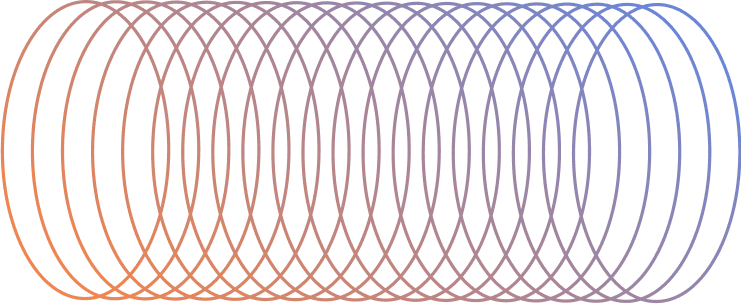The minute you decide to launch a website you must ensure that every part of it is optimized to reach its intended audience and convert every visit into sales. This is where on page or on-page SEO comes in.
The what and why of on-page optimization?
On page or on-page SEO is any strategy done directly within a page of a website to improve its search engine rankings and earn more traffic. One good example of an on-page optimization technique is improving the content, including the meta description and title tags. It also involves optimizing the HTML source code of a page, which is unlike off-page optimization.
On-page optimization should be one of the very first steps of search engine optimization that every webmaster needs to look into. Why is it so important?
In recent years, many have believed that SEO is dead. But this myth has no truth to it. In fact, SEO is still thriving and continues to be the most important source of site traffic. What on page optimization does to help websites rank higher in Google is that it re-engineers the essential elements of a web page to make it soar high up in the SERPs (Search Engine Results Pages).
With that in mind, it’s important to note that on-page optimization is not a one-time effort. Rather, it’s an ongoing process to ensure that a webpage stays relevant and keeps its rank.
Different optimization methods for different pages
These are some of the common on-page optimization techniques done on a page.
- Page Titles – The right page title should be supplied to give users a short description of what a particular page is all about.
- Meta Descriptions – These are HTML attributes that provide concise descriptions of a page’s content. These are also used by crawlers to display a short summary of the page.
- URLs – URLs or Uniform Resource Locators must be consistent and easy to read. More importantly, these should be short, relevant, and accurate.
- Content – Content is king – this cannot be emphasized enough. This is because good quality content can influence the whole SEO strategy used by marketers on a site.
- Images and Videos – Yes, search engine bots cannot read the content of your videos or images. But they can go through the filenames and Alt texts for each picture or video clip. This means that you should be more creative with the filenames and anchor texts to ensure that crawlers know their content.
- Heading Tags – Each page should have proper heading tags, like H1, H2, H3, etc. These will help the page rank better because headings will usually contain a relevant keyword.
- Robots.txt – This file will instruct a search engine bot whether it can or cannot access a certain page. There are pages that an owner does not want to be displayed to the users. By indicating which pages are to be hidden from the public, crawlers won’t be able to index them.
- XML Sitemaps – Sitemaps offer users, webmasters, and bots a quick view of the entire site. Crawlers are able to easily interpret and index your site with an XML sitemap.
Keyword research and on-page optimization
Keyword research is an integral part of on-page optimization. The idea of is to collect keywords and phrases that are relevant to the website. You can use tools like Google Insights, Google Adwords Keyword Tool, Overture Keyword Tool, and even Google search to know which particular words have higher volume and lower competition.
Careful not to stuff your content with keywords, though. By keeping some sort of balance between your content and your target keywords, search engines will know that a page is actually relevant to the keyphrase you are targeting.
You can use synonyms or related words to make your content sound more natural. You can also take advantage of long tail keywords that are easier to rank.






